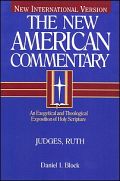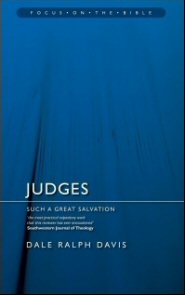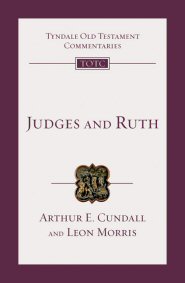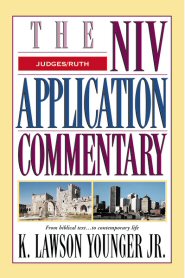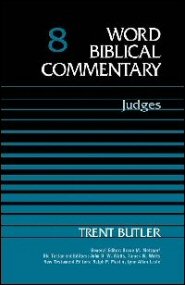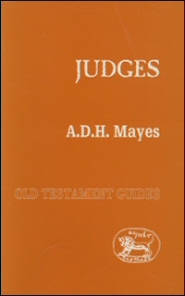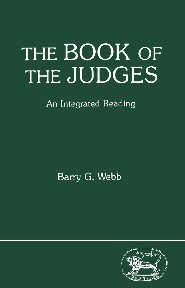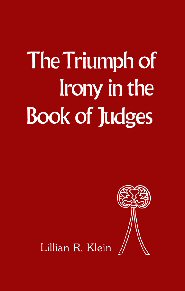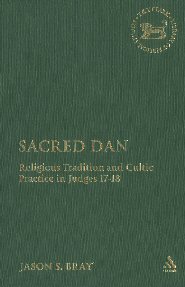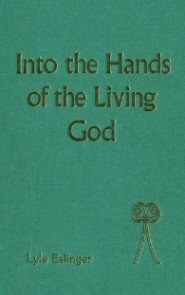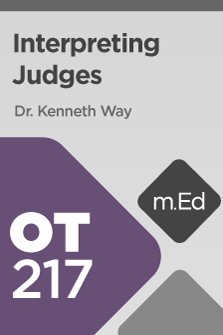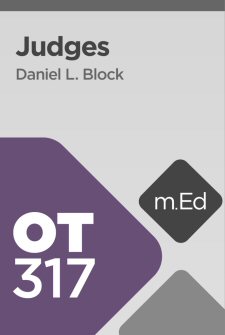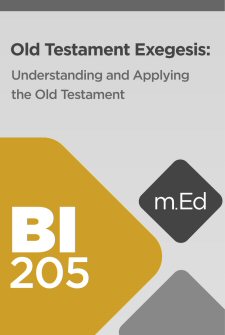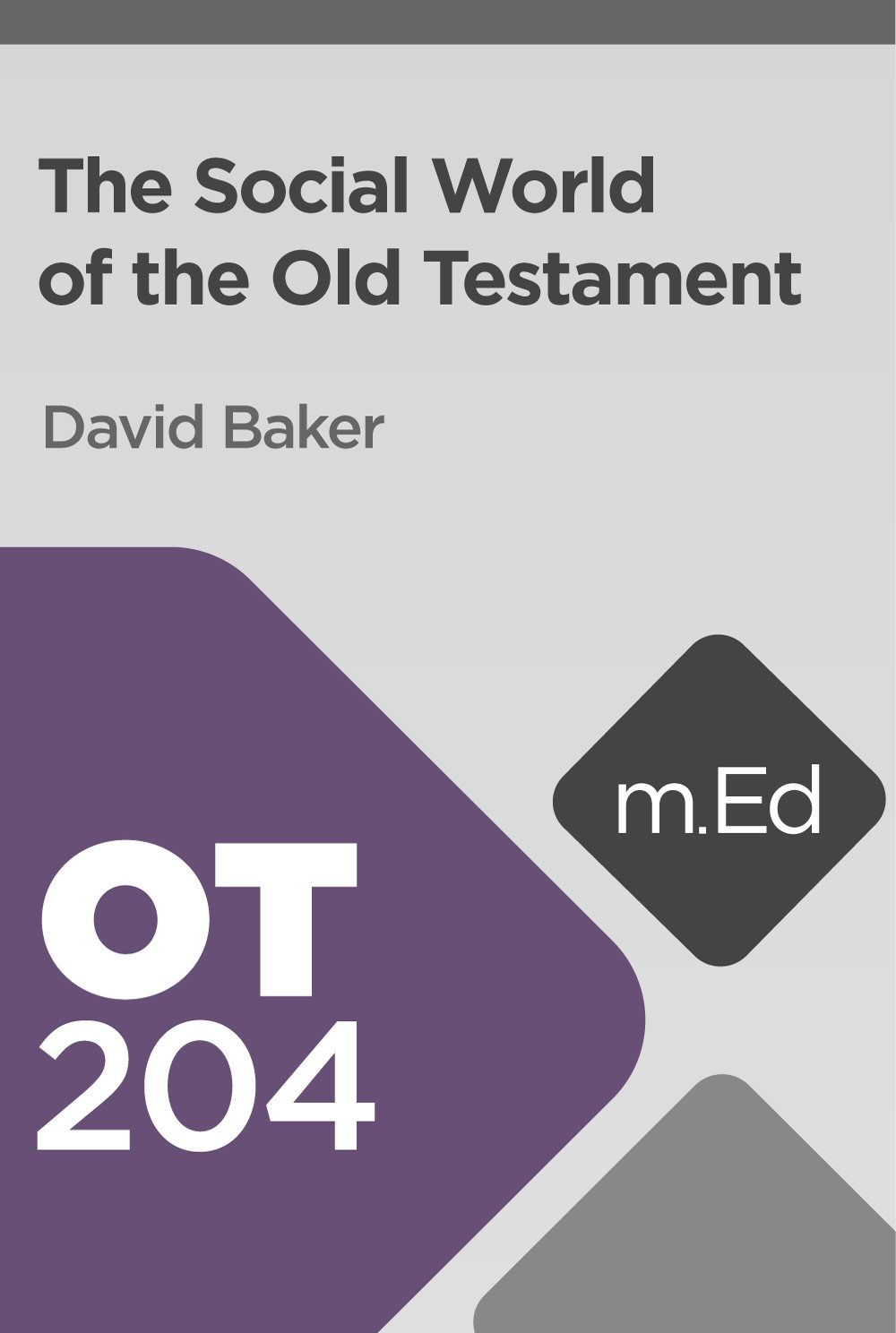Judges
The Judges Expository Preaching Kit (L) helps you plan an expositional sermon series by curating a trifecta of the best Bible study materials on Judges you need to prep and preach. It includes everything in Judges Expository Preaching Kit (S) and Judges Expository Preaching Kit (M), plus resources like the The Book of Judges (The New International Commentary on the Old Testament | NICOT), Ruth & Esther (Smyth & Helwys Bible Commentary), and Triumph of Irony in the Book of Judges.
Small
Medium
Large
